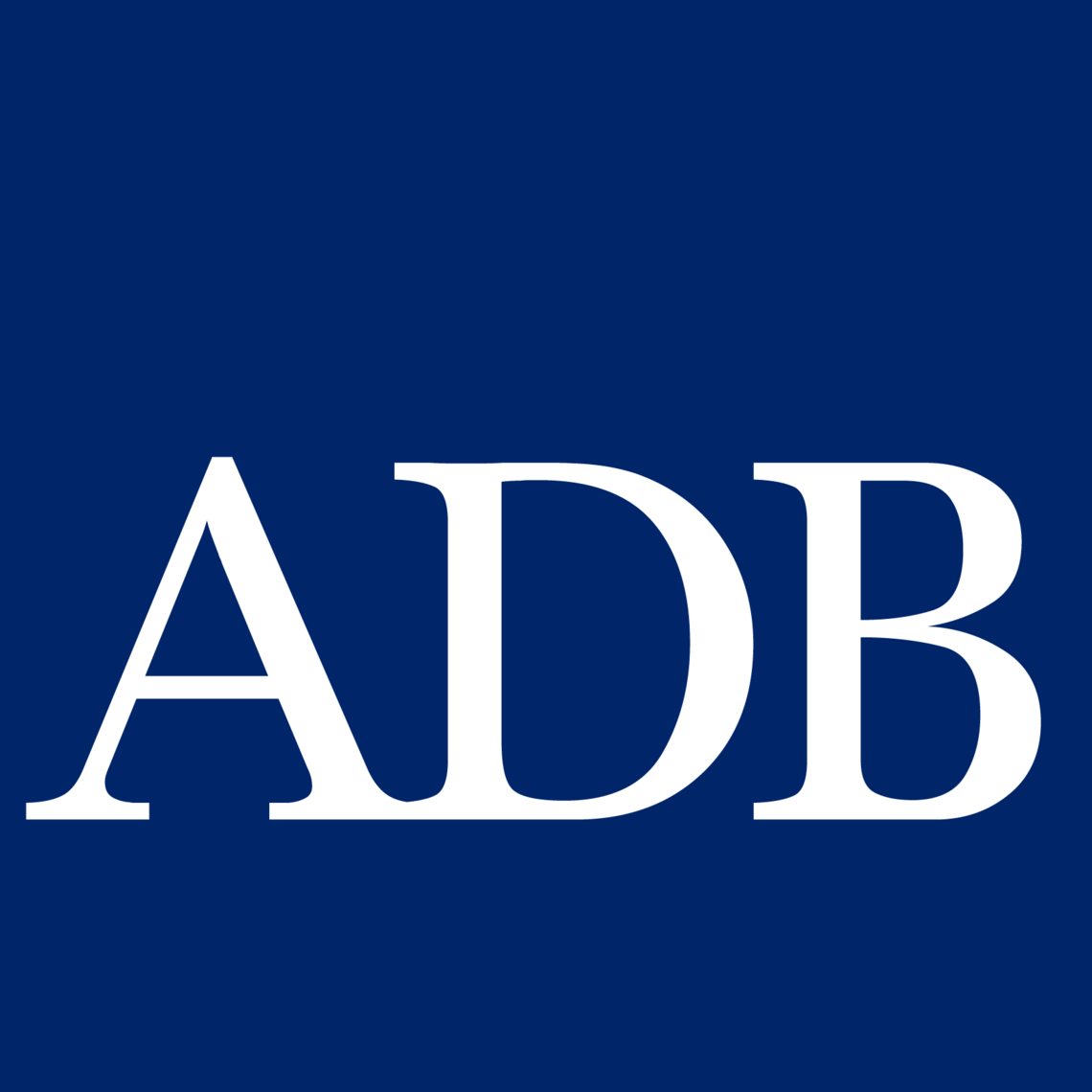The facility, supported via a grant approved by the ADB Board in late 2013, is co-financed by ADB, the Government of Sweden, and Credit Suisse. The facility will be active up to end of 2017 with the aim of:
- Broadening the ADB’s pipeline of viable inclusive business investment opportunities across the region by offering pre- and post-investment technical support (due diligence, opportunity mapping, management and corporate governance improvements, marketing and stakeholder engagement, customer outreach, implementation support, personnel capacities, etc.) Overall, the aim is to support at least 20 inclusive business projects financed by ADB and other investors within four years.
- Creating and/or adapting impact assessment standards to improve the ventures’ performance management.
- Enhancing the enabling environment for inclusive business, most notably by catalyzing the development of policy frameworks, initiatives and incentives to support inclusive business development in target countries.
- Systematizing best practice and deepening knowledge exchange and partnerships on inclusive business development in Asia, including via corporate leadership trainings for companies and a regular exchange with the Inter-American Development Bank.
WBCSD part of the advisory board
An external advisory board supports the ADB in promoting inclusive business in Asia, providing strategic guidance on the proposed outcomes of the technical assistance work, on mainstreaming the concept within the Bank, and on leveraging the work of other organizations active in this space (also in view of avoiding duplication of activities).
I represented the World Business Council for Sustainable Development (WBCSD) at the board’s kick-off meeting in Manila, where we discussed planned activities for 2014 and beyond. Other organizations part of the board include: Credit Suisse, the Swedish International Development Cooperation Agency, the Inter-American Development Bank, the German Development Bank (KfW), and the French Agency for Development (AFD).
As part of the two days of meetings, I also participated in a panel “Why companies and investors go for inclusive business”. The seminar gathered some 40 participants from across the ADB as well as selected external stakeholders. The discussion was moderated by Christina Wedekull (Alternate Executive Director to the ADB representing Canada, Denmark, Finland, Ireland, The Netherlands, Norway and Sweden), with the other speakers being Manuel Rybach (Global Head of Corporate Citizenship and Foundations at Credit Suisse) and Aniruddha Patil (Senior Investment Officer in ADB’s Private Sector Operational Department).
I highlighted the WBCSD’s long-standing work in this domain, including how we frame the business case, how we compile success factors around overcoming barriers to implementing and scaling up these ventures, and how we successfully collaborate with the Inter-American Development Bank in view of catalyzing action in Latin America.
The road ahead
From the WBCSD’s side, we encourage interested companies who have inclusive business ideas for their operations in Asia, and who might benefit from external financing sources and/or engagement at policy level, to come forward. We’ll be happy to play the role of “matchmaker” with the ADB in view of accelerating action in this domain.
Furthermore, in the context of our work around the WBCSD’s Action2020 platform, we are in discussions with companies and Regional Network partners across Asia (most notably Korea, China, Vietnam, Indonesia, and Japan). Stay tuned for updates in the coming weeks!
Background information
The ADB’s Inclusive Business Initiative, established in 2011, is led by the Regional Sustainable Development Department (RSDD), in cooperation with the Private Sector Operational Department (PSOD) and regional departments. Market scoping studies conducted by the ADB across 10 countries in the region have shown that in Southeast Asia in particular, the concept of inclusive business is still at a nascent stage.
The growing interest of ADB in the topic of inclusive business is a welcome development – and hopefully, the Bank’s mid-term review of its Strategy 2020 will incorporate lending targets around an increased number of private sector investments targeting this type of ventures.
Last but not least, in 2012, the ADB and the Inter-American Development Bank (IDB) entered into a formal partnership on South-South cooperation. One of the priority topics for this inter-institutional cooperation is inclusive business. The institutions recently launched a joint study analyzing the IDB’s Opportunities for the Majority program and listing recommendations for the ADB to learn from Latin America in the pursuit of inclusive business. Two of the main findings are: multilateral development banks can create value and additionality in this market; and blended financial instruments and robust technical assistance are required for program effectiveness.


